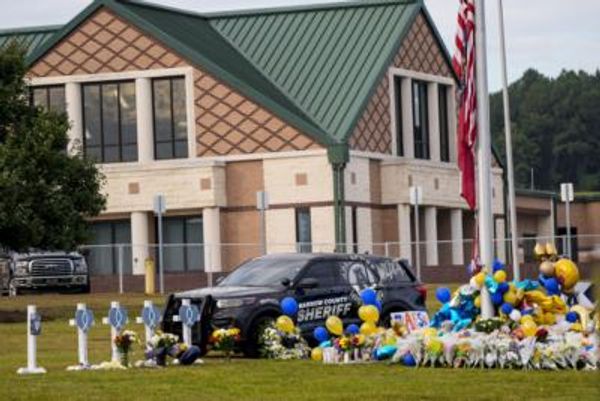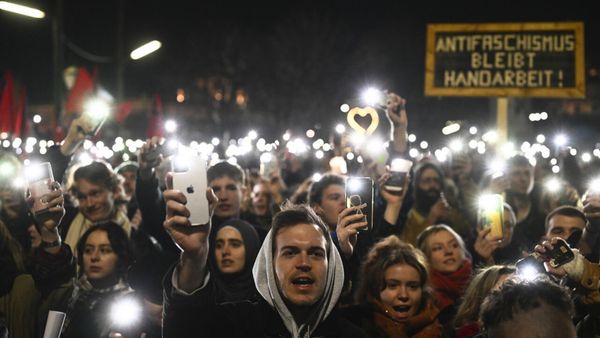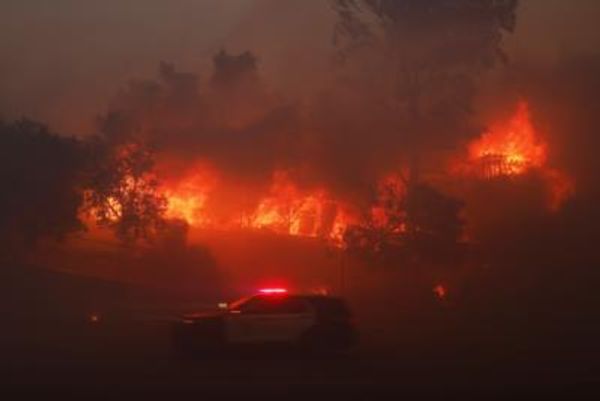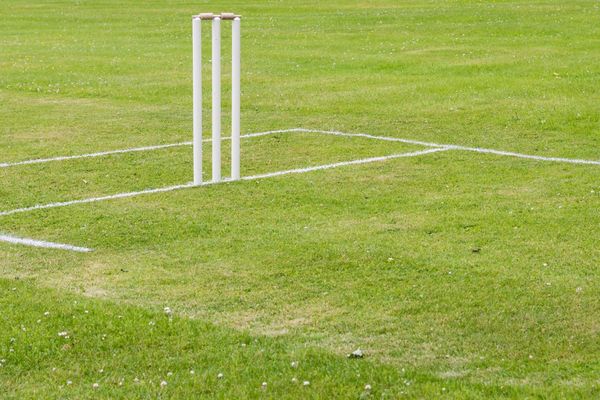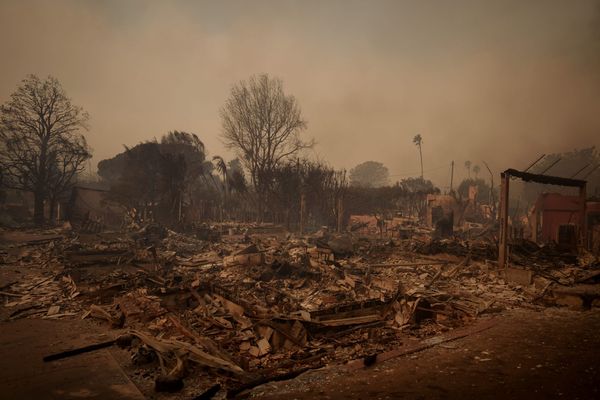The number of new daily cases of Covid has dipped sharply - but officials have reported another nine deaths today.
There are 12,020 new community cases to report - down from the 18,514 reported on Saturday - but the Ministry of Health warned weekend testing numbers were generally lower.
The Ministry said there was a "steady decline" in case numbers across Auckland while cases in other parts of the country continued to fluctuate. "Case numbers generally decline over the weekend, likely linked to a lower level of testing," it said.
Of the nine deaths, four were in Auckland, three in Bay of Plenty and one each in Capital and Coast and Waikato. The eight men and one woman were aged between their 50s and 90s.
"Our thoughts are with their family and friends at this sad time," the Ministry said. "Out of respect, we will be making no further comment."
The total number of publicly reported Covid related deaths has now reached 175, with a seven-day rolling average of nine.
A total of 957 people are in hospital today, with 26 people in intensive care units.
New cases detected by PCR and RAT tests overnight are in Northland (416), Auckland (2,768), Waikato (1,093), Bay of Plenty (804), Lakes (330), Hawke's Bay (676), MidCentral (540), Whanganui (169), Taranaki (373), Tairāwhiti (210), Wairarapa (146), Capital and Coast (795), Hutt Valley (443), Nelson Marlborough (308), Canterbury (1,897), South Canterbury (171), Southern (840), West Coast (22) and nine are unknown.
There are now 120,942 active community cases across New Zealand.
This week Cabinet will review all Covid-19 settings, including vaccine passes, mandates and the traffic light settings.
Prime Minister Jacinda Ardern said decisions would be made in the coming week.
In an in-depth interview with Newstalk ZB this morning, Ardern looked back on two years of handling the pandemic and forecast New Zealand's potential path out of the pandemic.
Asked what she got wrong in the Covid response, Ardern said: "I do wish that we could have come through these latter stages … bringing more people with us.
"I don't know what the answer to that is, but … I would have preferred that we would have been able to do that. How, I haven't quite landed on, because again the flipside was probably more generic restrictions affecting more people rather than targeted ones that affected a few.
"But I'll probably think about that for a long time."
The Ministry of Health said today that travellers who are on four specific flights from Samoa to New Zealand over the coming weeks are now required to complete two RATs after they arrive, the Ministry said. They will be given testing kits on arrival.
The four flights are: 19 March flight NZ993 to Auckland (already arrived), 22 March flight NZ993 to Auckland, 29 March flight NZ993 to Auckland and 10 April flight NZ993 to Auckland.
The first test will need to be completed on Day 0/1 and the second on Day 5/6. The extra test requirement comes after community transmission was detected in Samoa on Thursday.
Yesterday 95 cases were reported in Samoa and the country is now in an Alert Level 3 lockdown.
Travellers from Samoa can still arrive in New Zealand without going into MIQ, the Ministry said. The extra testing requirements do not apply to aircrew.
An extra 222 first vaccine doses were administered yesterday, 407 second doses; 5,201 booster doses; 544 paediatric first doses and 7,581 paediatric second doses.
Almost 73 per cent of the eligible population have now received their booster dose. More than 53 per cent of children 5 to 11 years old have received their first dose, but only 4.9 per cent have received their second dose.
Capital & Coast DHB has the highest rate of booster doses among its population, 81.2 per cent, while Waikato DHB has the lowest at 68.4 per cent. Northland is the final DHB yet to reach 90 per cent of its eligible population being double vaccinated. Currently, 87.9 per cent have received a second dose.
Twenty-six new cases have been identified at the border.
Almost 27,000 RATs were reported in the last 24 hours, and just 2550 PCR tests.
Meanwhile, epidemiologist Michael Baker says it will take a long time for cases to drop in schools especially.
In about six weeks, Baker expected daily infections across the country to drop to several thousand cases, but they could remain at that number for some time.
On Friday the Government quietly dropped MIQ and self-isolation requirements for unvaccinated Kiwi travellers.
The statement said minimum vaccination requirements for travel to New Zealand will apply to non-New Zealand citizens, including permanent residents, unless they have an exemption.
"Managed isolation and quarantine (MIQ) will be used in limited circumstances, by some refugees, arrivals from Afghanistan, maritime crew, and some international aircrew."
Yesterday there were 18,514 new community cases in New Zealand and 10 deaths reported - six women and four men.
One was aged in their 40s, two in their 60s, four in their 80s, and three were in their 90s.
More than 110 aged-care homes are battling Covid-19 cases and 27 residents have died after catching the virus, figures released to the Herald on Sunday reveal.
Aged care is short of 1000 registered nurses - 20 per cent of the workforce - and nurses are working double and even triple shifts - 24 hours straight - to plug gaps.
Meanwhile, the Ministry of Health is urging people to report the result of their rapid antigen test (RAT). More than 36,000 new RATs were reported yesterday and almost 4000 PCR tests.
